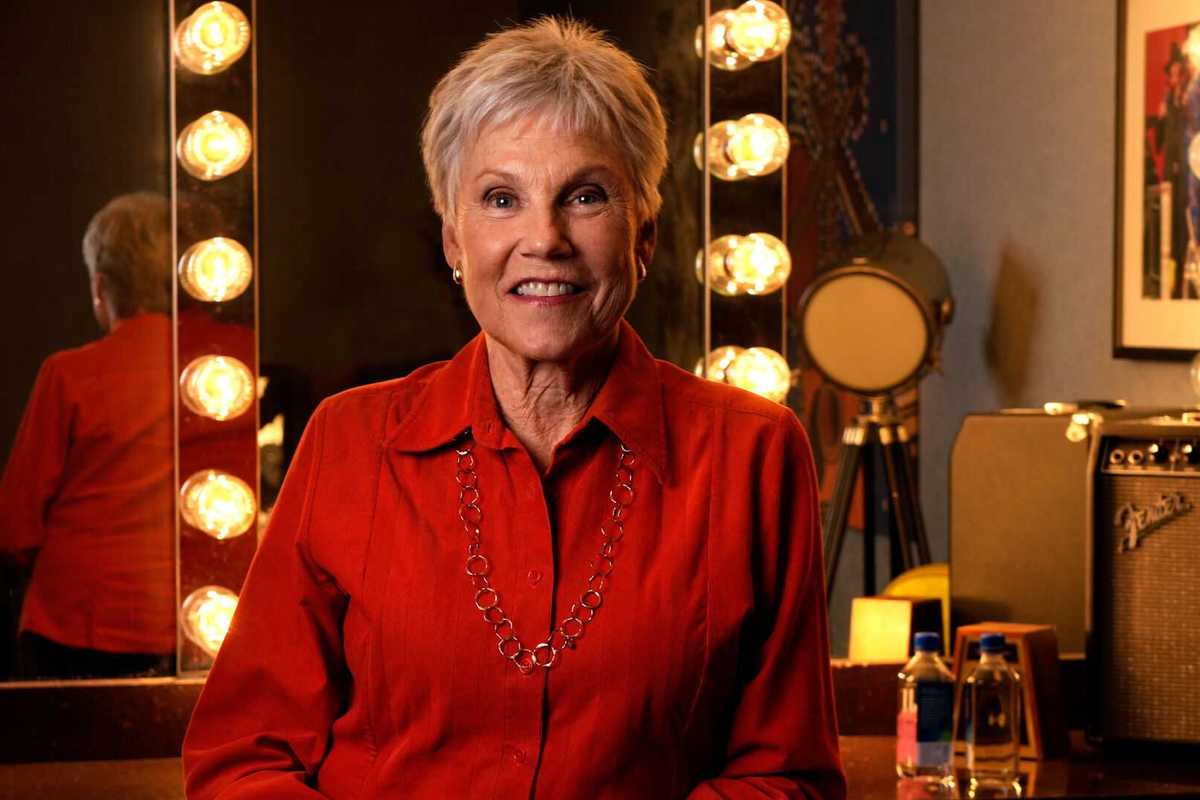advertisement
Billboard is a part of Penske Media Corporation. © 2023 Billboard Media, LLC. All Rights Reserved.
advertisement
Latest News
advertisement
BILLBOARD CANADA FYI
A weekly briefing on what matters in the music industry
By signing up you agree to Billboard Canada’s privacy policy.
advertisement
advertisement
Streaming
Spotify Removes Seemingly AI-Generated Songs Uploaded to Anne Murray's Profile
Four songs featuring a noticeably different voice appeared on the Canadian music legend's Spotify catalogue before being taken down days later.
1h
Canadian star Anne Murray is reportedly the latest victim of AI infringement on music streaming platforms.
Earlier this week (Jan. 26), as reported by the Toronto Star, a handful of songs were uploaded to Canadian music legend Anne Murray's Spotify account before disappearing again..
The songs — which were uploaded under the names "When You Say My Name," "Time Has Been Kind," "Just the Way You Say," and "If Love Is Single" — featured a high-pitched voice that differed drastically from Murray's, instead bearing closer resemblance to country singers Carrie Underwood and Miranda Lambert. The singles' artwork featured images of microphones and a boombox resembling AI generated versions of stock photos.
advertisement
Spotify removed the tracks after four days of being available, adding that they are taking increasing measures to protect artists' identities and prevent unofficial uploads on the platform. "This includes controls with distributors to block bad submissions before they go live, faster review through our content mismatch process, and tools that allow artists to report issues even prior to release," the company told the Star.
This is the latest of several controversies surrounding AI on music streaming platforms. Last year, HAVEN.'s "I Run." became the topic of a dispute after its AI-manipulated vocals beared a striking resemblance to British singer Jorja Smith's voice. The music duo behind the song used her name in a hashtag to promote the track on social media, despite Smith confirming that she had no involvement with the song. It was subsequently withheld from the Billboard charts due to the dispute, before being re-recorded and re-released with vocals from singer Kaitlin Aragon, with this new version eventually entering and climbing the Canadian Hot 100.
Both controversies highlight the growing concern around AI in music and its effect on copyright infringement, an issue that has been raised prior to the release of "I Run." Representatives from SOCAN, Music Publishers Canada and Music Canada spoke at the House of Commons in October 2025 to defend existing Canadian copyright legislation, advocating for fair and ethical licensing that protects artists' intellectual property in the face of AI's increasing growth and presence.
advertisement
A Leger study also found that 85% of Canadians favour the government enforcing a fair, ethical use of AI, "which speaks to the broad public concerns."
With the Grammys taking place this weekend, AI and copyright will remain hot topics in the music industry this year.
keep readingShow less
advertisement
Popular
advertisement
Published by ARTSHOUSE MEDIA GROUP (AMG) under license from Billboard Media, LLC, a subsidiary of Penske Media Corporation.
advertisement


















